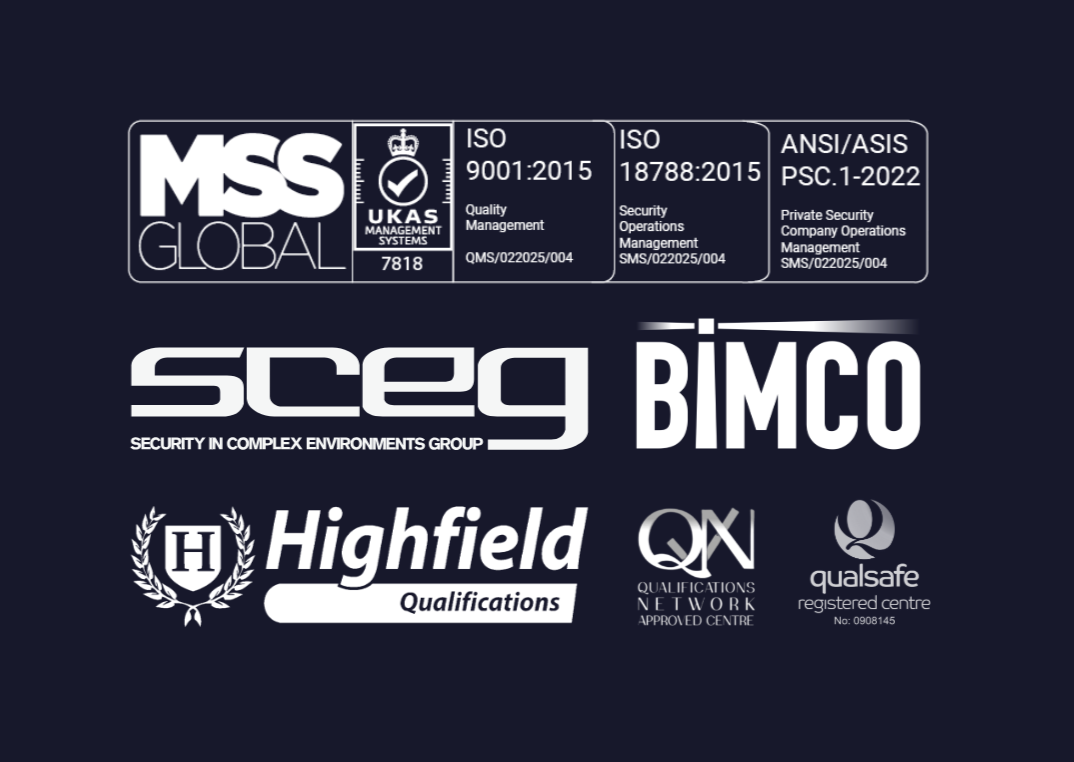This program is tailored for existing medics from:
Tier 1 and Tier 2 military units (e.g., Special Forces, elite infantry) across NATO member states and allied nations.
Law enforcement tactical teams (e.g., SWAT, counter-terrorism units) supporting national and collective defense.
Specialised private security and protection units operating in high-risk environments.
Participants must have prior medical training and operational experience, as the program focuses on advanced upskilling.
Age Requirement:
Must be at least 21 years old.
Prior Medical Training:
Candidates must hold a valid medical qualification (e.g. paramedic, combat medic, or equivalent).
Mission-specific Gear:
Attendees must bring tactical uniforms, PPE, and medical kits to ensure operational relevance (additional medical kits provided on-site).
Physical and Mental Fitness:
A high level of physical fitness and mental resilience is required to handle demanding scenarios.
Our comprehensive curriculum covers the critical skills and knowledge needed to excel as a tactical medic in modern and future conflict zones:
Trauma Management Under Fire:
Master life-saving interventions in high-intensity combat scenarios, including urban warfare and mass casualty events.
Tactical Situational Awareness:
Develop skills to maintain awareness and coordinate with teams in dynamic, high-risk environments.
Care in Austere Environments:
Learn to deliver medical care in challenging conditions, such as confined spaces, vehicles, maritime vessels, or low-visibility settings.
Technology-Integrated Responses:
Adapt to emerging threats like drone-based attacks (FPV, UAV, UGV) and real-time surveillance.
Psychological Resilience:
Build mental fortitude to operate under prolonged stress, battlefield acoustics, and environmental hazards.
Team Coordination and Command:
Enhance command and control skills to support rapid, coordinated responses in crisis scenarios.
Interoperability Standards:
Train to NATO-aligned protocols to ensure seamless cooperation with allied units.
Incident Reporting and Management:
Develop professional precision in documenting and managing medical incidents in operational contexts.
Book your place
Please use the form below to book your place on the course today.
If you have any questions then please contact us or see the FAQ section below.
Tactical Medicine (TACMED)

